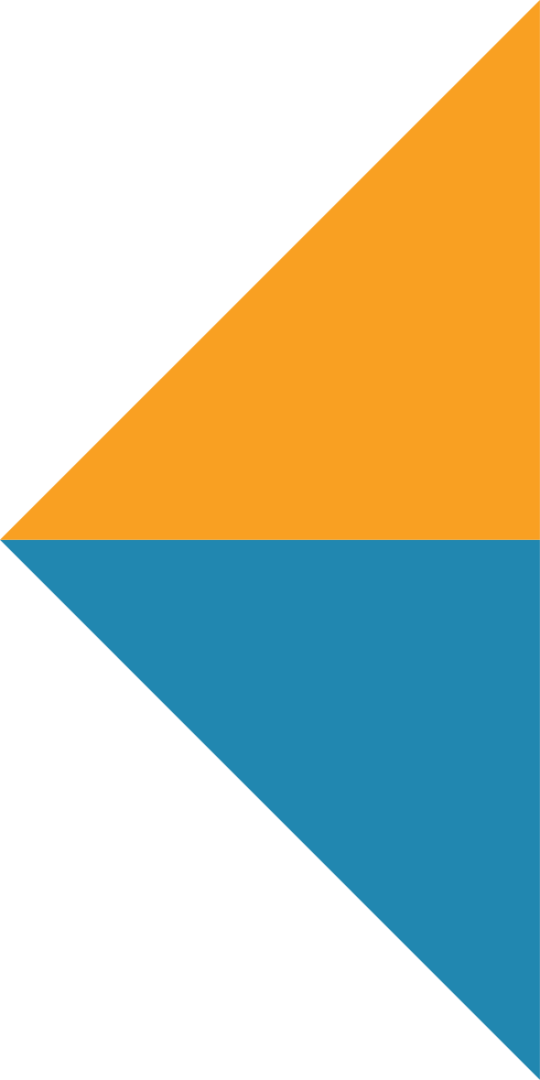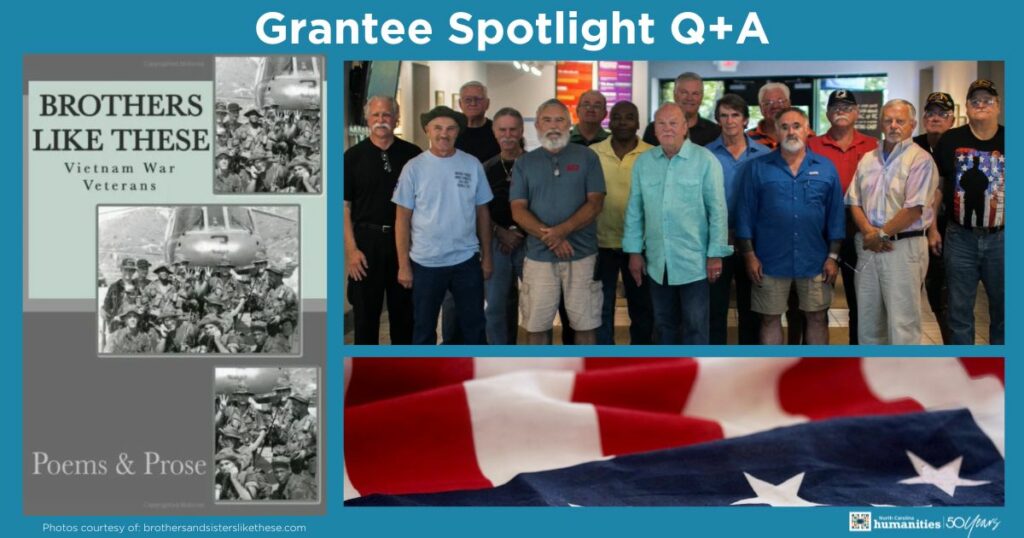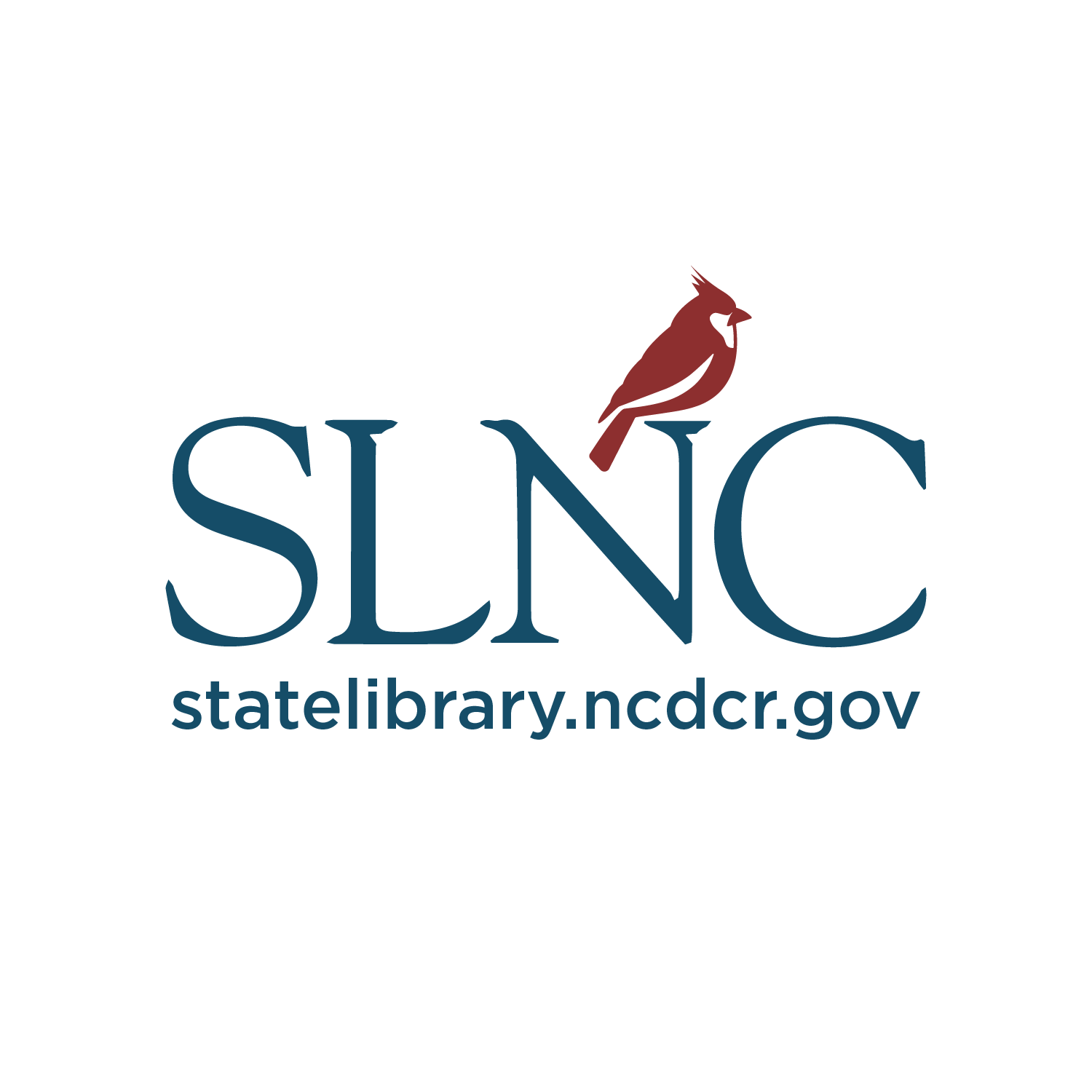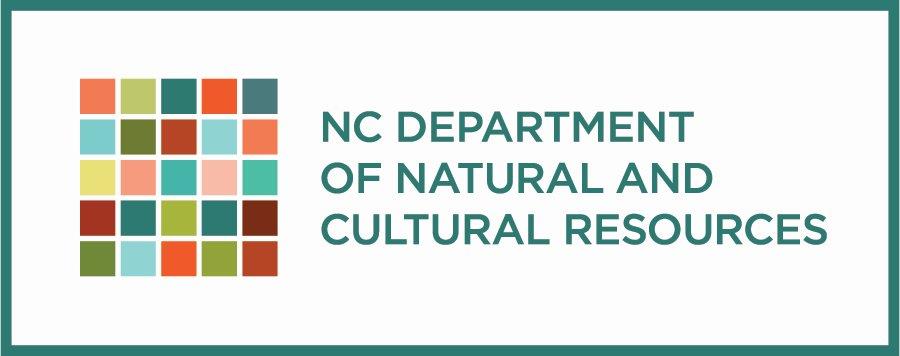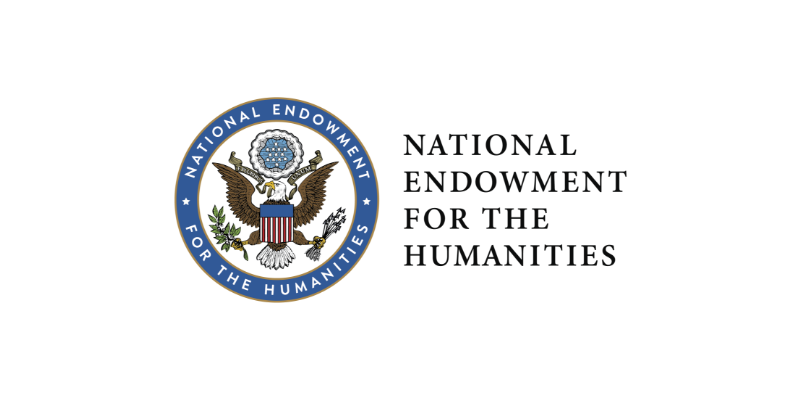Grantee Spotlight: A Q+A about Brothers and Sisters Like These
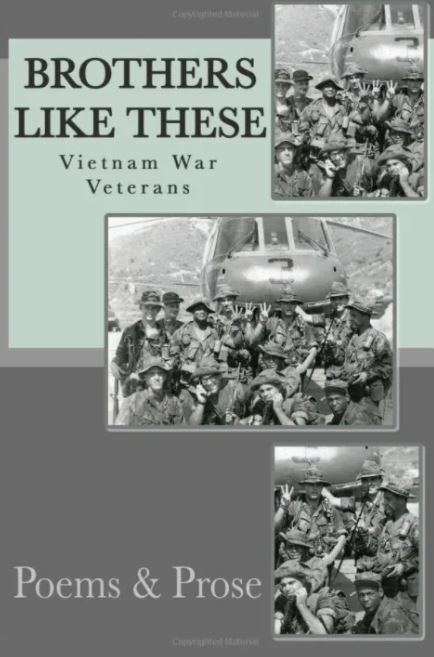 From 2012 to 2014, Joseph Bathanti served as North Carolina Poet Laureate. Apart from doing things like visiting schools, hospitals, prisons, and libraries, the North Carolina Poet Laureate is asked to declare a signature project. Joseph dedicated his time to working with veterans and their families, to harvest their wartime stories and experiences through poetry, fiction, memoir, and playwriting. We came to know Joseph and his passions well during his six years of service on North Carolina Humanities’ Board of Trustees, 2011-2017.
From 2012 to 2014, Joseph Bathanti served as North Carolina Poet Laureate. Apart from doing things like visiting schools, hospitals, prisons, and libraries, the North Carolina Poet Laureate is asked to declare a signature project. Joseph dedicated his time to working with veterans and their families, to harvest their wartime stories and experiences through poetry, fiction, memoir, and playwriting. We came to know Joseph and his passions well during his six years of service on North Carolina Humanities’ Board of Trustees, 2011-2017.
In 2014, Joseph got a message from Dr. Bruce Kelly, a primary care physician at the Charles George VA Medical Center in Asheville and pioneer in medical humanities, about collaborating. Years prior, Dr. Kelly had participated in NC Humanities’ Literature and Medicine: Humanities at the Heart of Health Care® limited-time reading and discussion program designed to encourage partnership in the workplace and empathy in patient care. After several meetings, Joseph and Bruce decided to host a series of workshops for Vietnam veterans with PTSD, all of whom were patients of Bruce’s. These veterans did not know one another at the outset of the workshops, but soon they became brothers. Born from these initial sessions was the creative writing program for Vietnam veterans with PTSD that Joseph and Bruce co-founded at Charles George. What happened from there, Joseph describes as “something extraordinary.”
In 2017, NC Humanities provided funding for a staged reading of the poetry and stories written and performed by these veterans called Brothers Like These. Since then, the staged performance has traveled around the state, and the program has expanded into a nonprofit, Brothers and Sisters Like These, that welcomes veterans from all wars to share their experiences and heal through writing.
We connected with Joseph Bathanti, North Carolina Poet Laureate (2012-2014) and McFarlane Family Distinguished Professor of Interdisciplinary Education at Appalachian State University, to learn more about Brothers and Sisters Like These and the restorative power of the humanities.
What was the first writing session with veterans at Charles George VA Medical Center like? How did you see writing and service experience bond these veterans?
Joseph: During that first session in 2014 everyone wrote for about 20 minutes. The immediate outcry was “I’m not a writer!” Bruce and I quickly alleviated their fears by assuring them that we were not there to be English teachers; all we cared about were their stories. So, they wrote and, after, they read their stories aloud to the room. Bruce and I get a lot of credit for this work, though we’d like to defer that to the men. Our chief role, however, and it was crucial, was to provide a safe space, ongoing encouragement, listen very carefully in a purely nonjudgmental way, bear witness, and show up week after week, no matter what.
As these veterans began to tell their stories, they gave permission to the others in the room to share their stories too. They had each been suffering from invisible wounds since coming home from their Vietnam War service, and holding this turmoil inside. There was a tendency among them to think that they were the only one experiencing difficulty. What they learned right away is that they weren’t alone. There were fellow service people, in that very room, who had experienced things very, very similar to what they had experienced. There was instant comradery.
I think that was the beginning of their healing, that acceptance that they weren’t alone. I would often tell them, “I’m not a therapist. I’m a storyteller. I’m here for your stories.” But I would also tell them, “Nevertheless, there will be therapeutic outcomes.” We’ve seen veterans heal in astonishing ways. We know from research today that writing about our traumas helps us heal from those traumas.
You can watch a short film, Brothers Like These, to hear some of their stories first hand, and learn more about the writing series that took place at Charles George.
 Where did their healing and growth from writing go from there? What does this work look like today?
Where did their healing and growth from writing go from there? What does this work look like today?
Joseph: We kept our writing sessions going and in 2016, with help from the North Carolina Arts Council and profound moral support and funding from North Carolina Humanities, we were able to dig deeper. We developed new writing prompts, we wrote a primer on how to teach, and we began long term projects.
By that time the men were becoming more and more confident in their writing and more and more confident in their lives. In September of 2017, we staged the first performance of what we called Brothers Like These, at the Asheville Community Theatre. These veterans read their pieces on stage in front of about 400 people. It was a sold-out auditorium. When they finished, they received a standing ovation. A lot of them said that was their true “Welcome Home.”
The performance aspect had a real function. There was something about being on stage with their brothers that allowed them to share so intimately with the audience. The stories that these men had kept private for half century were finally heard, sometimes for the first time by their family members. The performance was reprised across the state and, later, their writings were published as a book Brothers Like These by St. Andrews University Press. It remains the Press’s best seller.
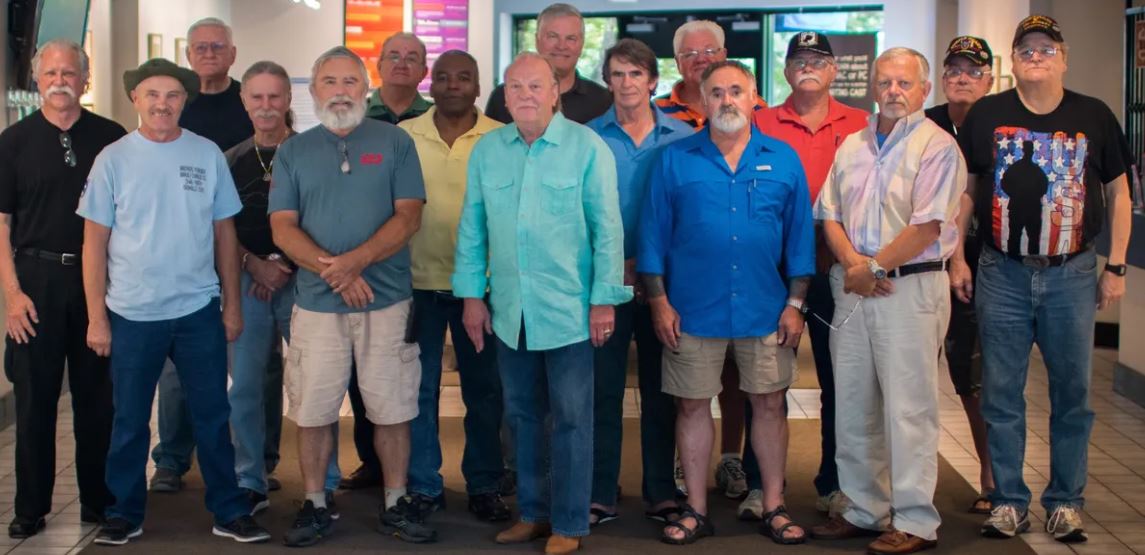
Those original veterans from our workshops in 2014 are now, roughly, in their mid-70s, some older, and nothing is stopping them. It’s one of the most astonishing comeback stories I can think of.
That group of men have independently launched a nonprofit called Brothers and Sisters Like These/ North Carolina Writing Alliance, through which they are replicating workshops, teaching classes, and welcoming men and women veterans from all wars and their families, to participate in this kind of healing and storytelling.
Without NC Humanities, none of this would have happened – this vital work of the heart and spirit that so embodies social and restorative justice and so dramatically underscores shared humanity. With support from NC Humanities, and other vested groups that believe that people’s stories matter and that stories can save us, these veterans have become confident evangelists. They now too believe in the power of writing and see how the humanities can assist in healing. There is power in story. Stories can save you. Those stories that you thought had destroyed you are also the stories that can resurrect you.
What is “medical humanities”?
Joseph: Medical humanities essentially is this idea of integrating the humanities, social sciences, and the arts into medical education and subsequent patient care and treatment. We participate in “medical humanities” treatment when we dance, do yoga, make pottery, and garden, for example. To a health care professional, “medical humanities” also means integrating a whole-health concept into treatment. It means looking at ‘what’s going on in this person’s life’ not just ‘what’s wrong with this person’s sore arm.’ It means digging a little deeper to create dialogue with patients, rather than just reporting diagnoses and sending them out the door. It puts empathy into healthcare. Some physicians are using writing in their medical therapy and as part of mental health treatment too. The Journal of American Medicine, for instance, publishes poetry now! I just had a poem in the Journal of the American Medical Association, which I would’ve never thought would’ve happened in a million years!
Sometimes writing can be intimidating. Do you have any advice for new or young writers?
Joseph: I think people mistakenly think that professional writers are the only ones with stories, but I always tell people that everybody has stories. It’s my belief that stories save us. I tell young writing students that they have to keep writing because you never know when you’ll get good at it! I wrote badly at first, but I kept at it and wrote less badly over time. You have to write out all the bad stuff. Try recalling one experience, write it down, and I think you will surprise yourself at how extraordinary you are in all the things that you’ve overcome and all the joy and sorrow that’s been in your life. One of the things we use with veterans is a prompt called “Where I’m From,” which is an internationally used prompt created by the former Kentucky Poet Laureate, George Ella Lyon. On the surface, it’s very simple, but it opens a door into the core identity, love, food, home, family, pets, heritage, soil, land, and religion – all the things that resides within us and make us who we are. Tell your story. Get it out!
How can people support Brothers and Sisters Like These?
Joseph: Brothers and Sisters Like These/ North Carolina Writing Alliance is a nonprofit. You can donate and learn more about their writing at https://brothersandsisterslikethese.com/
About North Carolina Humanities’ Grantee Spotlights: In celebration of our 50th anniversary, NC Humanities Grantee Spotlights shine a light on the incredible work of our grantee partners, offering details about their funded project, and feature a Q&A with an associated person.

